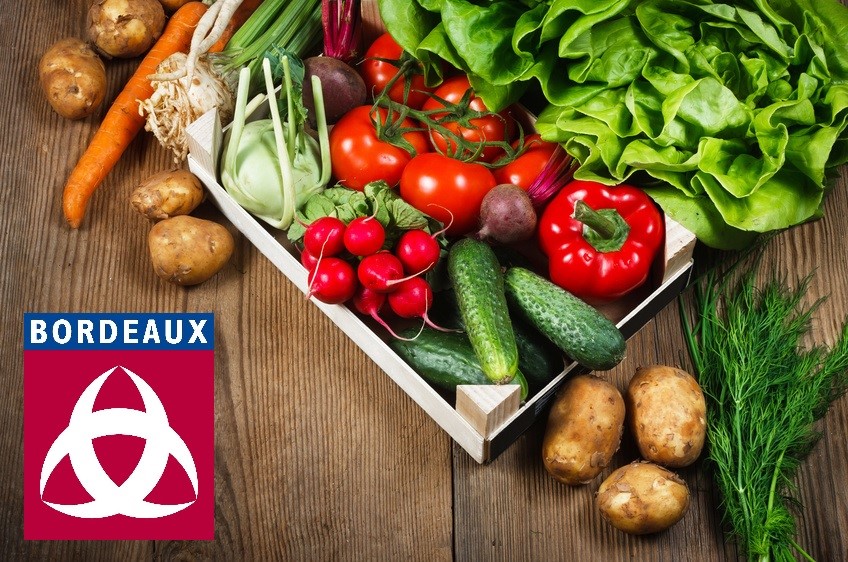In 2020, the COVID crisis raised major concerns about the state of France food security. Although the risk of a national food shortage was avoided, French municipalities have a low degree of food resilience. For example, “Bordeaux Métropole” has only seven days of food autonomy.
Several types of risks threaten the food security of a territory: climate change, the erosion of biodiversity, soil degradation, land use change , the ageing of agricultural population, etc. It is therefore essential to move towards a more resilient food system that can absorb these different types of shocks and ensure healthy and sufficient food for the entire population, everywhere and all the time.
To meet these challenges, the Municipality of Bordeaux has set up a new delegation in charge of food resilience and has launched a series of works around four main axes:
- Urban agriculture and local agricultural production;
- Short circuits, distribution and processing;
- Access to food;
- Recycling and reducing food waste.
In 2021, this delegation wished to be supported in order to evaluate the level of food resilience of the territory. In this context, the objective of Vertigo Lab is to:
- Collect, compile and valorise all existing data and studies concerning food resilience;
- Map and assess the governance of local food resilience actors;
- Identify public policies that have an impact on the territory and on the food supply of Bordeaux residents, identify available local and European financial aid, and benchmark practices with other large French cities;
- Co-construct a roadmap and identify priorities for the city.
Results
Ongoing
Contact
Amélie Colle, Manager – ameliecolle@vertigolab.eu
Anthony Ruiz, Consultant – anthonyruiz@vertigolab.eu
Partner
| Client: Municipality of Bordeaux
Date: 2021 |


